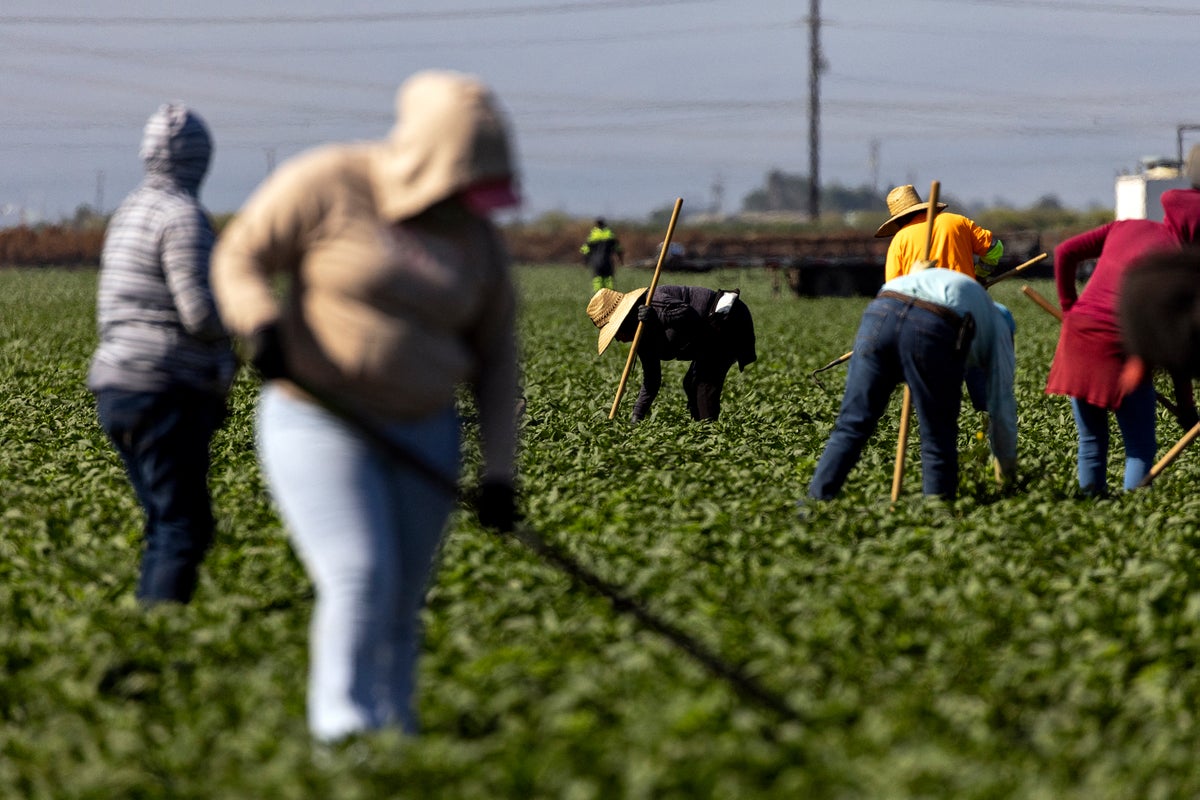Now Reading: Key Experts Behind US Heat Safety Rules Laid Off, Raising Concerns Over Regulation Rollbacks
-
01
Key Experts Behind US Heat Safety Rules Laid Off, Raising Concerns Over Regulation Rollbacks
Key Experts Behind US Heat Safety Rules Laid Off, Raising Concerns Over Regulation Rollbacks

Quick Summary
- Federal regulators have been drafting the U.S.’s first-ever heat protection rule for workers, driven by years of research from experts at the national Institute for Occupational safety and Health (NIOSH).
- President Donald Trump’s management undertook major personnel purges this spring, pushing out NIOSH’s heat safety team amidst broader restructuring within the Department of Health and Human Services (HHS) under Secretary Robert F. Kennedy Jr.
- NIOSH has halted public communications on heat-related dangers as summer approaches with intensified climate-driven heat waves. previously, it engaged in awareness campaigns and research collaborations.
- The proposed federal regulation by the Occupational Safety and Health Administration (OSHA) includes mandates such as rest periods at 90°F temperatures and employer-provided water access above 80°F.
- The absence of fired NIOSH experts may hinder OSHA’s ability to finalize or defend the proposal in hearings scheduled for June, where industry representatives are expected to testify against some measures.
- Critics argue that eliminating the scientific expertise undermines neutral evidence-based policymaking,raising concerns about worker safety amidst suffocating conditions caused by climate change.
indian opinion Analysis
The removal of key scientific staff involved in providing essential data on occupational heat risks presents pressing concerns about decision-making integrity during a time when climate change is exacerbating extreme temperatures globally. Although centered on U.S. policy developments, India’s context may draw similar implications given its vulnerability to rising temperatures and reliance on agricultural & construction sectors where workers face significant risks from extreme heat.
Strengthening expert-led mechanisms like India’s own occupational safety bodies might become increasingly relevant as environments grow harsher due to shifting climatic patterns. This situation underscores how coordinated expertise can better define practical solutions-hydration policies or protective gear standards-that balance worker health with economic feasibility.
Neutral policymaking amid competing pressures remains critical not only for advancing workplace protections but also fostering trust between governments and stakeholders across industries worldwide.
Read More: Heat-safety-experts-behind OSHA rules






















